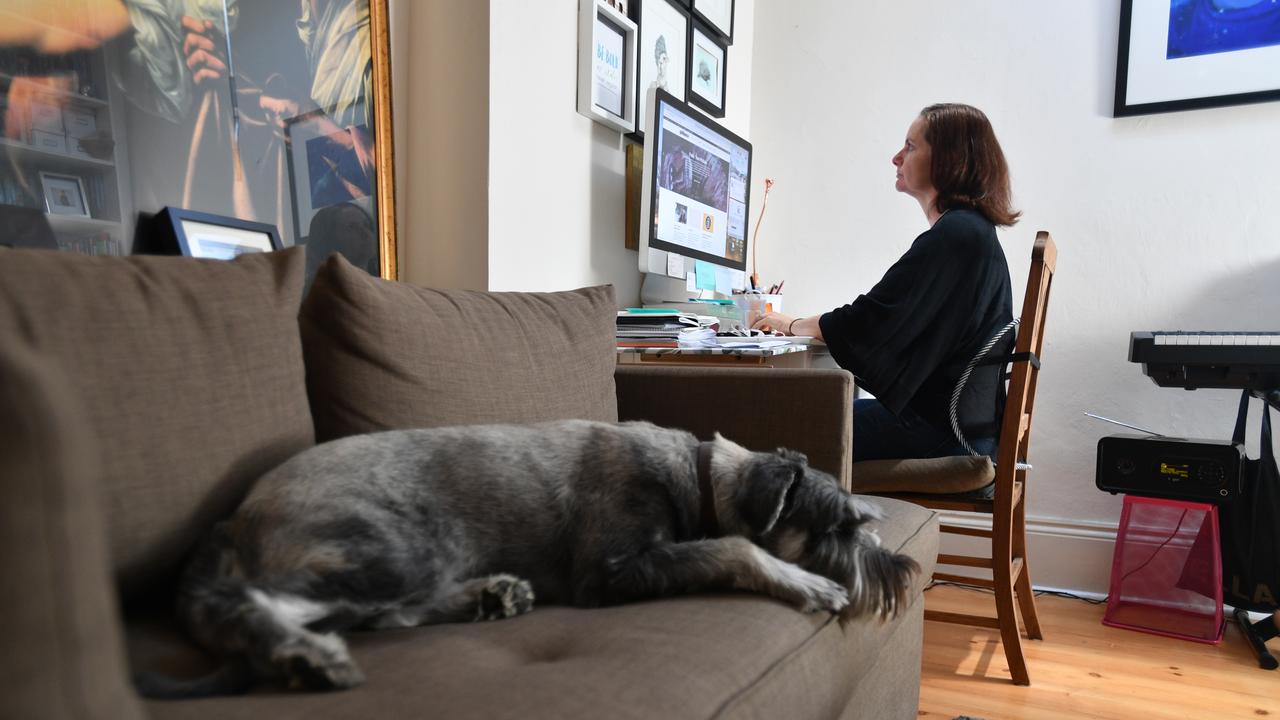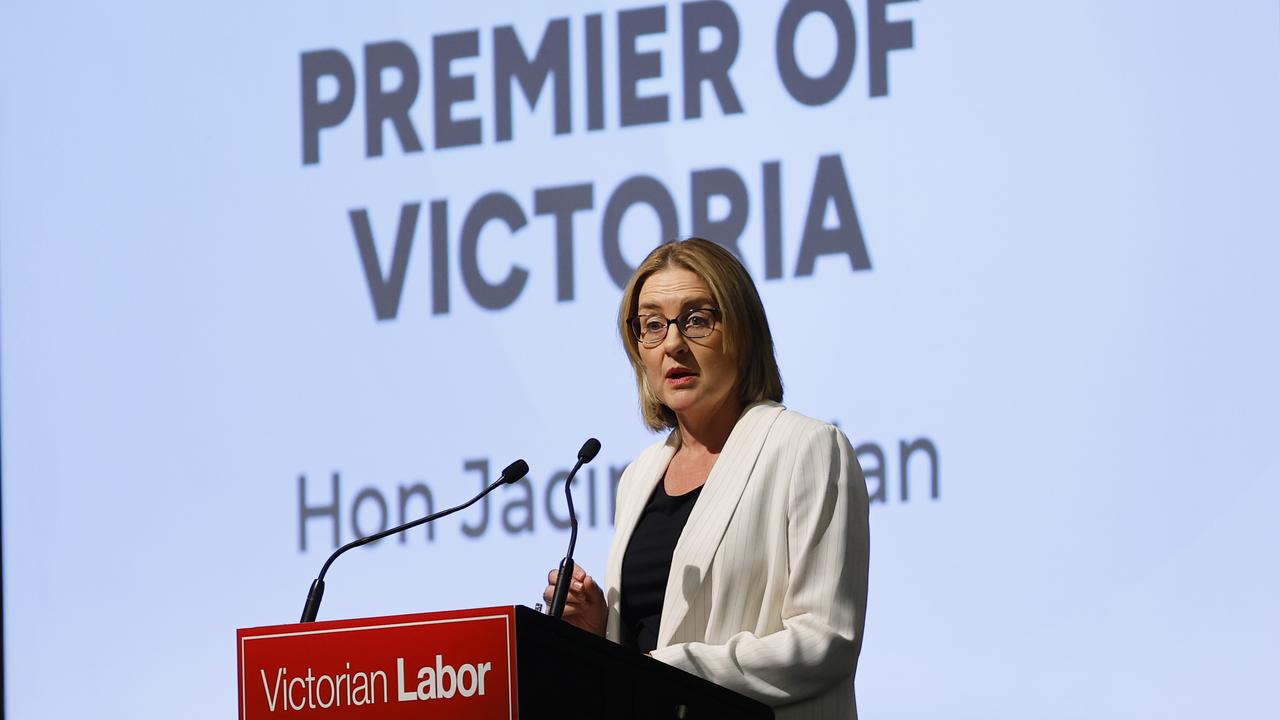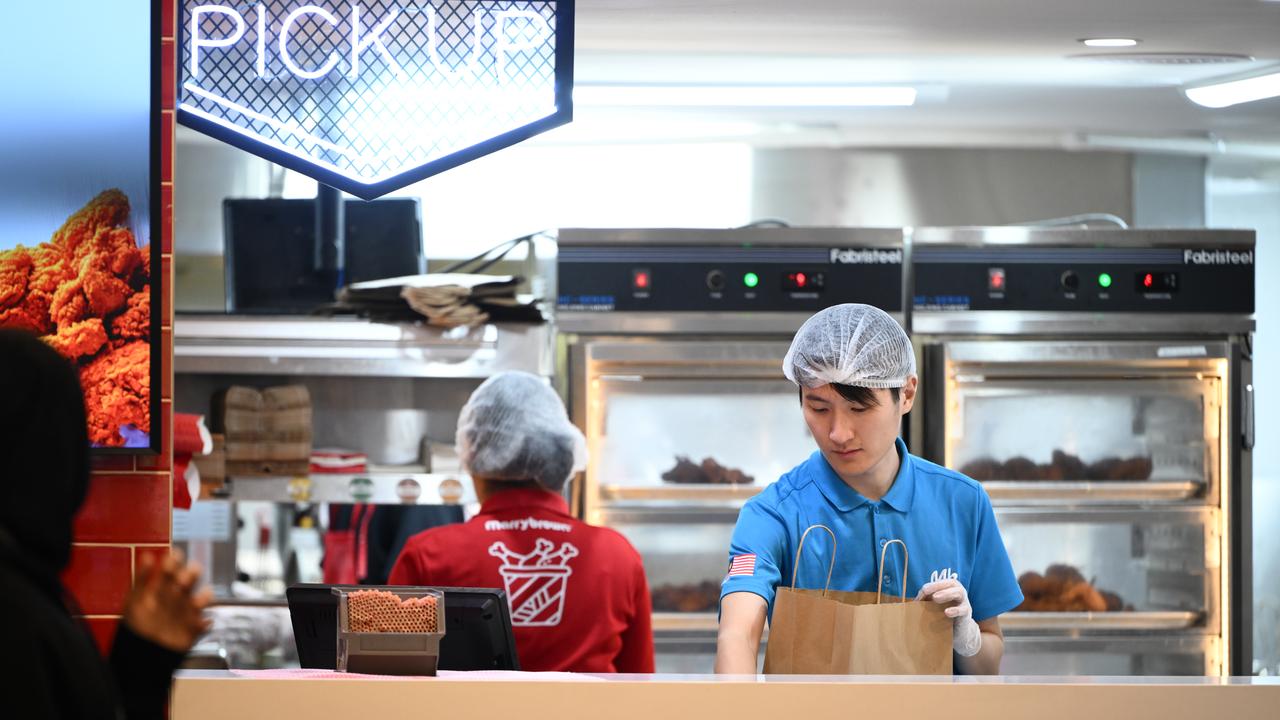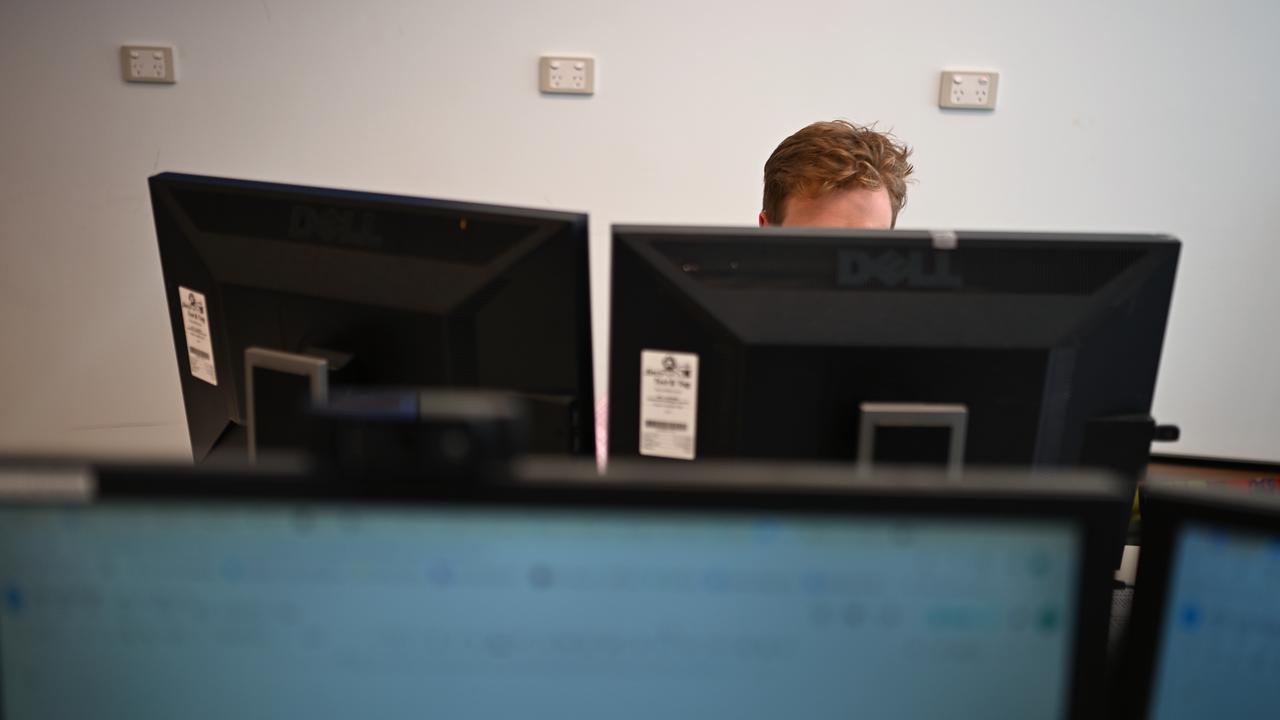
A legal right to work from home would be divisive and likely send jobs elsewhere, business groups say.
A state government has revealed plans to enshrine the right to work from home for both public and private-sector employees.
The premier behind the Australian-first push hails its as the next frontier in worker rights that would benefit working parents.
The Victorian government has promised to introduce legislation in 2026 for the right to work from home on two days per week, in contrast to other states that want public servants to spend more time in the office.

The proposed law would apply to all public and private sector employees in Victoria who can reasonably do their job from home.
Details are yet to be worked through and Premier Jacinta Allan signalled the changes could come into effect under Victoria's Equal Opportunity Act, as private workplaces are regulated by federal laws.
Ms Allan promoted the plan as beneficial to both the economy and families, likening it to other significant workplace changes in recent decades including more women entering the workforce.
"There's been many, many gains over many, many generations that have supported women's opportunity to increase their workforce participation, this is just another important, big step," she told reporters.

Issues such as the definition of remote work, who can do it, how it would affect part-time workers and the types of businesses to which the law would apply, will be figured out through a consultation process.
Ms Allan said the decision had gone through cabinet and brushed off suggestions it could trigger a court challenge.
The plan drew sharp criticism from business groups, with Australian Industry Group Victorian head Tim Piper describing it as serious government overreach that undermines business autonomy.
He described it as "pure political theatre" designed to wedge the opposition while also running counter to both global trends and business best practice.
"These policies foster an 'us versus them' dynamic, privileging some white-collar workers while leaving blue-collar employees with no choice," he said.
"It's divisive, disruptive, and dangerous."

Victorian Chamber of Commerce and Industry chief executive Paul Guerra claimed businesses would move interstate and jobs would be lost if Victoria moved away from the legislated national system.
"(Work from home) certainly works well in some contexts, but that should be determined by the employer in consultation with the employee," he said.
Ms Allan promised to introduce the law in 2026 prior to the state election.
Polls indicate Labor is on track to win a fourth term but the November 2026 poll will be the first as premier for Ms Allan, who lags opposition leader Brad Battin as preferred state leader.
Mr Battin said working from home was a valuable option for many workers and families.
"We support measures that help Victorians enjoy a better work-life balance, and will review any legislation closely, to ensure it supports flexibility, productivity and personal choice," he said.

The federal coalition's push to end to working-from-home for public servants was partly blamed for its unsuccessful result at the May federal election, despite abandoning the policy before polling day.
NSW Premier Chris Minns has described remote-work provisions as a thing of the past but stopped short of seeking an end to working from home, instead ordering public servants to work principally in offices.
More than one third of Australian employees usually work from home but that number swells to 60 per cent of managers and people in professional services, according to the Australian Bureau of Statistics.
The bureau says 43 per cent who work from home do overtime, compared to one quarter of those who do not.






